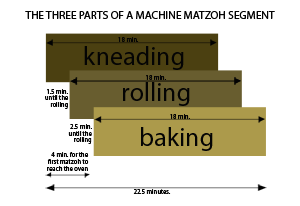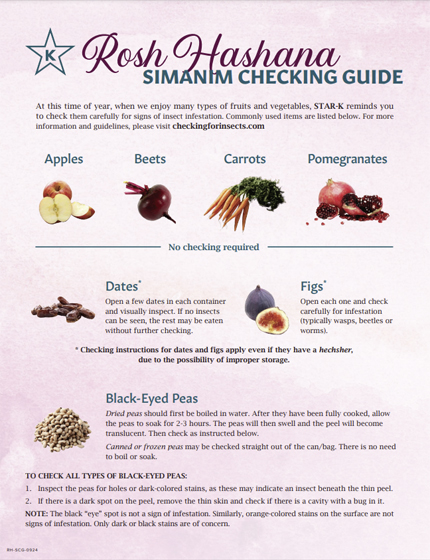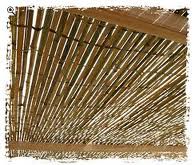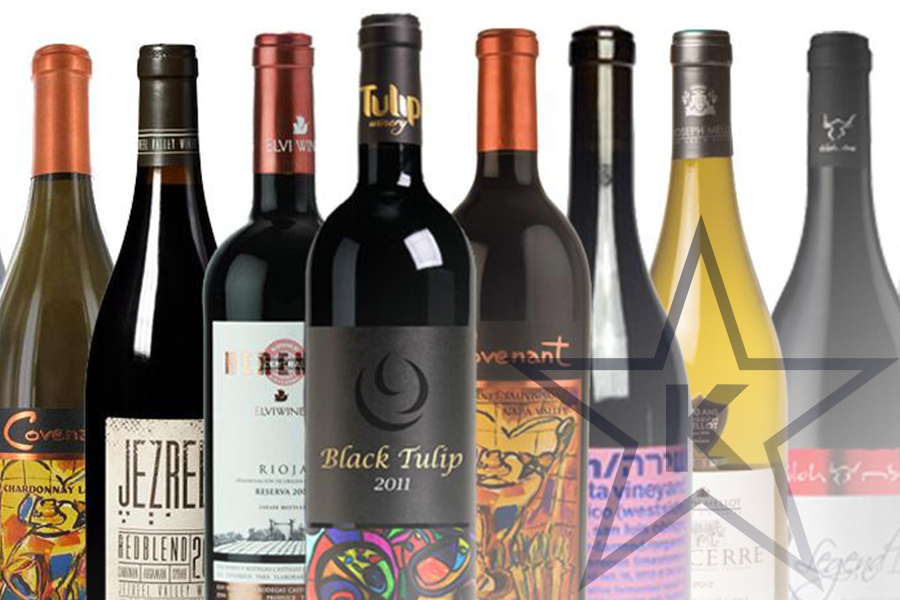Updated January 2025
A printer-friendly version of this article can be found here.
Many of us are quite familiar with the regular Erev Pesach routine: The bechorim go to a siyum, the chometz is burned, and we prepare for the Seder. However, every so often,1 Erev Pesach occurs on Shabbos and we must modify our routine. Let us review the halachos of Shabbos Erev Pesach. (After this year, it will not occur for another twenty years. The next occurrences will be in 2045, 2048, 2052, and then not again until 2072.)
Thursday – Taanis Bechorim/Bedikas Chometz
On a regular Erev Pesach the first-born males (bechorim) are obligated to fast. This year the fast is pushed back to Thursday. Those bechorim who do not wish to fast should attend a siyum. Thursday night after tzeis hakochavim (when it gets dark), one should immediately perform bedikas chometz. A bracha and Kol Chamira […]














 STAR-D
STAR-D STAR-S
STAR-S